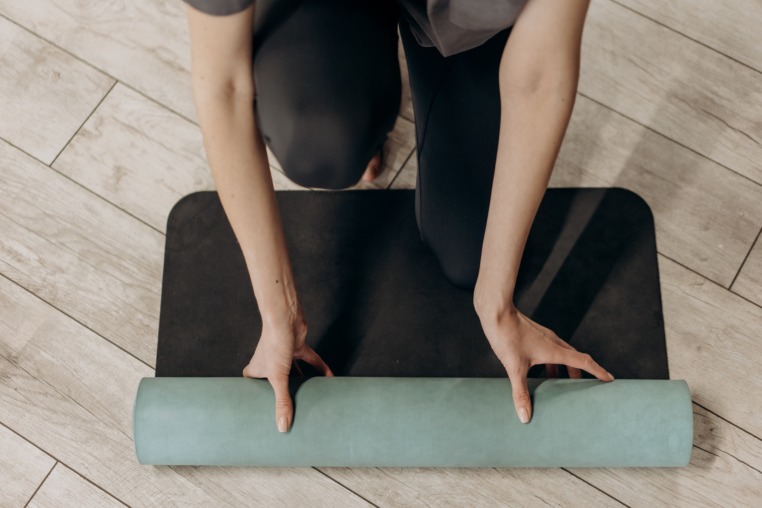Exam season can be a really challenging time for students. It’s normal to feel overwhelmed and exhausted with the revision, as well as anxious about the thought of the exams themselves.
It’s important to remember to be kind to yourself through this period. By using some mindfulness techniques, you can help to manage your thoughts better and accept them without judgement.
Here, we offer some tips and ideas to help you combat exam anxiety and ease the stress during this time.
Become familiar with mindfulness
The exercise of mindfulness involves becoming more aware of the present moment. This helps us to understand ourselves better ‘right now’ and therefore manage our emotions better. Mindfulness has some similarities to meditation, which can also be a useful practice during exam time, especially if you are struggling to sleep at night.
Because mindfulness helps us to reconnect with the present moment and our body, studies have shown that regular practice can help to not only reduce stress and racing minds, but also to promote a better sense of happiness and self-esteem.
Build up your self-belief
Self-talk techniques can help to remind yourself of your own self-belief and achievements. Repeating a positive affirmation or mantra regularly such as “I am doing my best”, “I can do this exam”, and “I will get through this period” can help to foster a long-term positive attitude.
Try finding a few phrases that resonate with you and repeat them over a series of days, weeks and months. Doing so will help drown out any negative thoughts of “I can’t” and “I won’t”.
Take notes of your thoughts
Note-taking and diary-writing can be useful and simple techniques to help deal with your emotions.
You can make notes (written or on your phone) when you have any anxious thoughts as well as thinking about what might have triggered them or how they made you feel. Keeping a record can help you to spot patterns and be more aware of your thought habits.
Similarly, noting down positive thoughts can help with your positive mindset. Jot down and small successes with your revision or things you are grateful for that might help with your exams.
Get creative in your breaks
Regular breaks are important when you are revising for your exams. This will ensure that you keep your focus and concentration better without burning out with exhaustion and fatigue.
Engaging in a relaxing, yet creative activity can be really beneficial and could even boost your brain power for when you go back to work again.
Activities could include colouring patterns, sculpting clay, or simply sketching a tree outside you student home.
Practice the five senses drill
This simple breathing exercise is a tried and tested mindfulness technique, which has helped many people in stressful situations. It can help you to re-focus your attention and restore focus and calm.
Firstly, stop what you are doing and take two deep breaths to bring yourself into the present.
- Look around you and silently name three things you see
- Now listen to the sounds around you, can you name three things you can hear?
- Bring attention to your body, can you name three sensations you can feel?
- Then think about your smell and taste, does anything come to mind here?
- Take one or two deep breaths to seal the mindfulness exercise
There are lots of accessible tools and resources available for students looking to learn about mindfulness. Two of the most popular apps are Calm and Headspace. Both offer some free content alongside paid subscriptions.
If you are going through exam stress, remember to talk to others about how you feel. It’s likely that your housemates and peers will be feeling very similar to you and you may be able to help each other. Always seek professional help if you are struggling to cope with the stress of your exams and are suffering from physical or emotional symptoms.

 />
/>